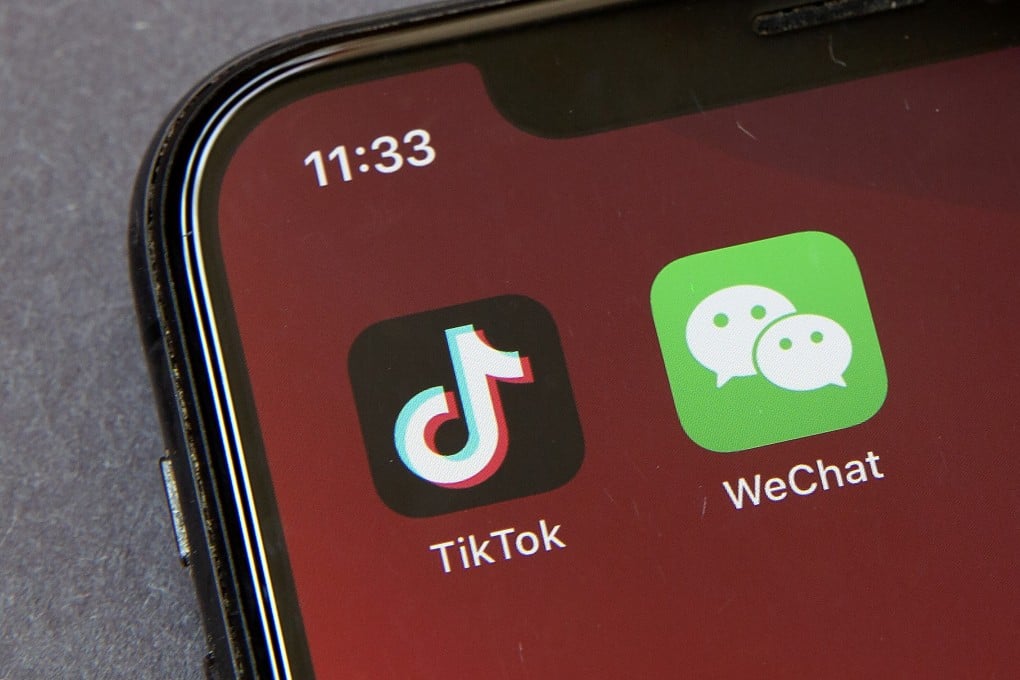WeChat Channels censorship goes beyond government restrictions, banning spanking, nose picking, and wearing underwear on head
- Tencent rolled out new guidelines banning a slew of specific activities, much of it targeting women, for users of the video platform WeChat Channels
- The guidelines go beyond what is required by Chinese regulations for live-streaming, indicating how far Tencent will go to restrict content considered harmful

In addition to listing the usual red lines in China’s laws and regulations – things that include leaking state secrets, insulting official heroes and martyrs, promoting terrorism, and broadcasting news without authorisation – the list serves as a reminder to live-streamers to watch what they say and do in front of the camera.
Words and acts that do not align with “positive social values” are banned. This could be superstitious content such as fortunetelling, politically sensitive things like “predicting a nation’s fate and government policy trends”, or even something as simple as guessing a baby’s gender during pregnancy.
Coffins, tombstones and dead bodies are also banned, as are shots inside nightclubs and foot massage lounges. Depictions of self-harm such as suicide attempts are prohibited, as well.
The guidelines include a long list of banned sexual content, but some of it is markedly pointed at women.

02:01
What is Kuaishou? Understanding China’s video-sharing app
Female broadcasters are banned from wearing bikinis or dresses that show cleavage. “Female pants or skirts [should not] be more than 2cm below the belly button” and “the hem of female pants and skirts [should not be] higher than the hip line”.